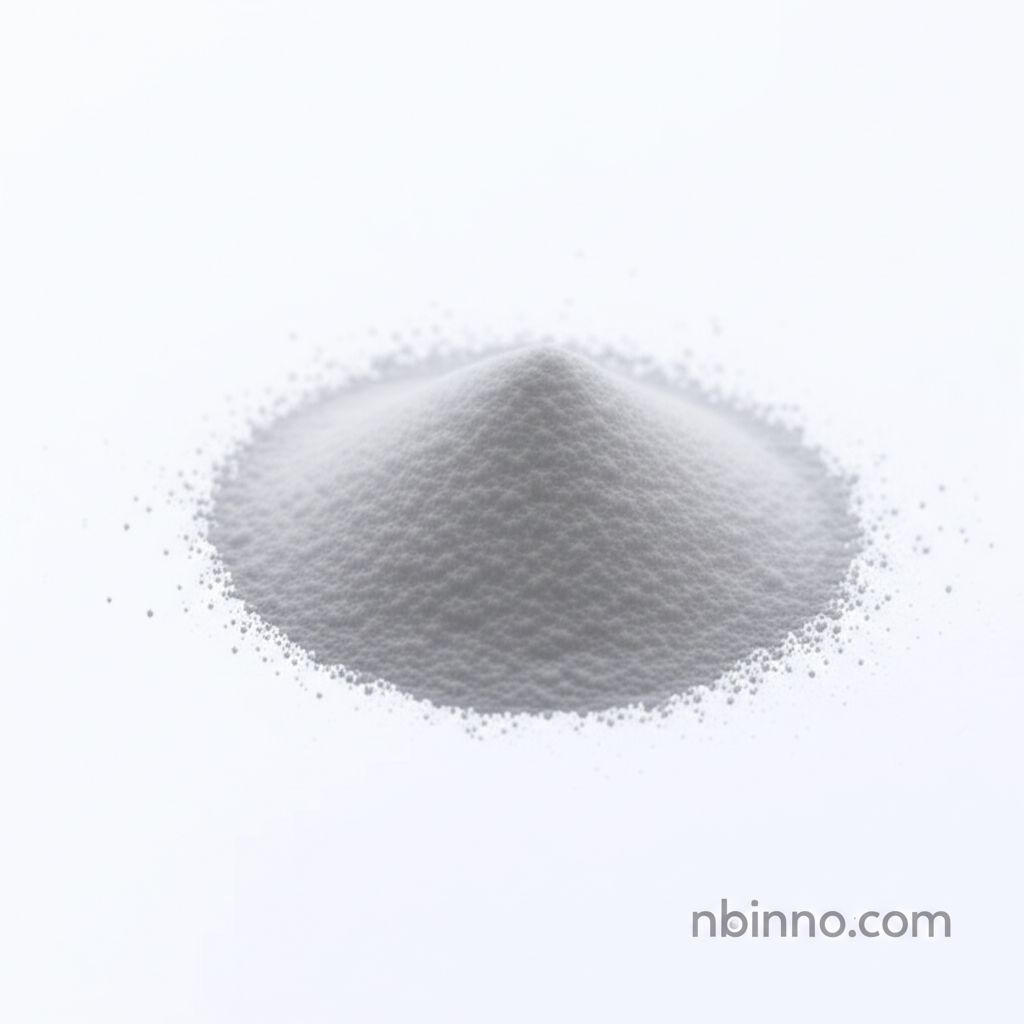Maleic Hydrazide: A Comprehensive Guide to its Application and Benefits in Agriculture
Discover the power of Maleic Hydrazide for superior crop management and extended storage life.
Get a Quote & SampleProduct Core Value

Maleic Hydrazide
Maleic Hydrazide is a vital plant growth regulator known for its ability to inhibit cell division, thereby controlling plant growth without affecting cell enlargement. This makes it an indispensable tool in modern agriculture, particularly for enhancing the storability of produce and managing crop development.
- Learn about maleic hydrazide plant growth regulator benefits for extended crop shelf life.
- Understand how maleic hydrazide CAS 123-33-1 is crucial for prevent sprouting in storage.
- Explore the effectiveness of maleic hydrazide as a herbicide for crop control.
- Discover why maleic hydrazide is a leading temporary plant growth inhibitor in various agricultural applications.
Advantages Offered by the Product
Extended Storage Life
Utilizing maleic hydrazide for sprout prevention in storage significantly reduces post-harvest losses, ensuring that crops like potatoes and onions maintain their quality and market value for longer periods. This addresses a key challenge in the agricultural supply chain.
Effective Growth Control
As a temporary plant growth inhibitor, it precisely manages crop development. This is particularly valuable for applications like controlling volunteer potatoes, ensuring cleaner fields and more efficient harvesting processes.
Agricultural Efficiency
The use of maleic hydrazide as a herbicide for crop control contributes to overall agricultural efficiency by reducing competition from weeds and unwanted growth, leading to healthier crops and better yields.
Key Applications
Sprout Prevention
Applying maleic hydrazide is a proven method to prevent sprouting in storage for crops like potatoes, onions, and garlic, significantly increasing their shelf life and reducing waste.
Growth Regulation
It serves as an effective plant growth regulator, useful for managing the growth of grasses and preventing sucker production in tobacco plants, leading to improved crop quality.
Volunteer Crop Control
This chemical aids in controlling volunteer potatoes that remain in fields after harvest, simplifying subsequent crop rotations and improving field management.
Herbicide Use
Its properties as a herbicide make it valuable for managing unwanted vegetation in agricultural settings, ensuring crops receive adequate resources.
